Tag: Conflict Resolution
Do You Own It? Or Does It Own You?


Photo by Marcus iStrfry on Unsplash
When I look at my life, I see a cliché: a rollercoaster — a few flat moments, and lots of ups and downs. For the most part, it’s been fun. But sometimes it overwhelms me, especially when things don’t roll as expected. Eventually, I realize I better get a grip.
—
What is the point of riding a rollercoaster, if you’re not going to own the experience?
—
As a coach, my job is to help people get unstuck, and that starts by them owning the experience they’re going through. As long as the experience owns us, we’re stuck and we can’t move forward.
—
Owning the experience means recognizing realistically what is happening — no more, no less — and then accepting it just as it is.
—
Only then can we figure out what to do next. Here is what I do to help myself and others own the experience.
First, frame the experience in a more constructive, less apocalyptic light. What is fact, and what is interpretation? What else could this mean? What is useful here? How could this help us grow?
Second, share the experience transparently with others. When we overcome the vulnerability of openly sharing our struggle, we dispel the power the experience has over us. As Mr. Rogers* would say, if it’s mentionable, it’s manageable.
—
Worse than the experience of feeling overwhelmed, is the experience of not owning this experience.
——
*Mr. Rogers was a TV host, author, and producer; best known for the preschool TV series “Mister Rogers’ Neighborhood”.
What if Hate Was Not an Option?


—
Have you ever found yourself at work or in your personal life stuck with someone you just can’t come around to liking, and whose behavior you find impossible to approve? In these situations, it is not hard to feel some sort of hatred. But what would happen if hate were not an option?
Please set aside your spiritual beliefs for a moment. I’m going to draw an analogy from Christian tradition that might help us deal with these situations. Bear with me. According to tradition, god can only love. Hate is not an option. Now, given all the evil humans are capable of, it must be hard to always love and never hate.
So how does god manage it? Well, the tradition makes a few distinctions. It says that you can disapprove of a situation without hating the person. It says you can be hard on the behavior and soft with the person. It says we can dislike someone and still wish the best for them.
The tradition states that we have a choice. That we can choose to accept that even when we dislike someone, other people do like them. That we can choose to condemn the behavior but not the person. That we can love even when we don’t like.
This may seem a too big of an ask, one that only the gods are capable of. But it is not so. As a priest and throughout the years I’ve seen it happen, even in very extreme situations, situations of betrayal, of sexual abuse, and even of homicide. Perhaps we are not too far from the heavens when we recognize that hate is really not an option.
How I Went From Priest to Trainer
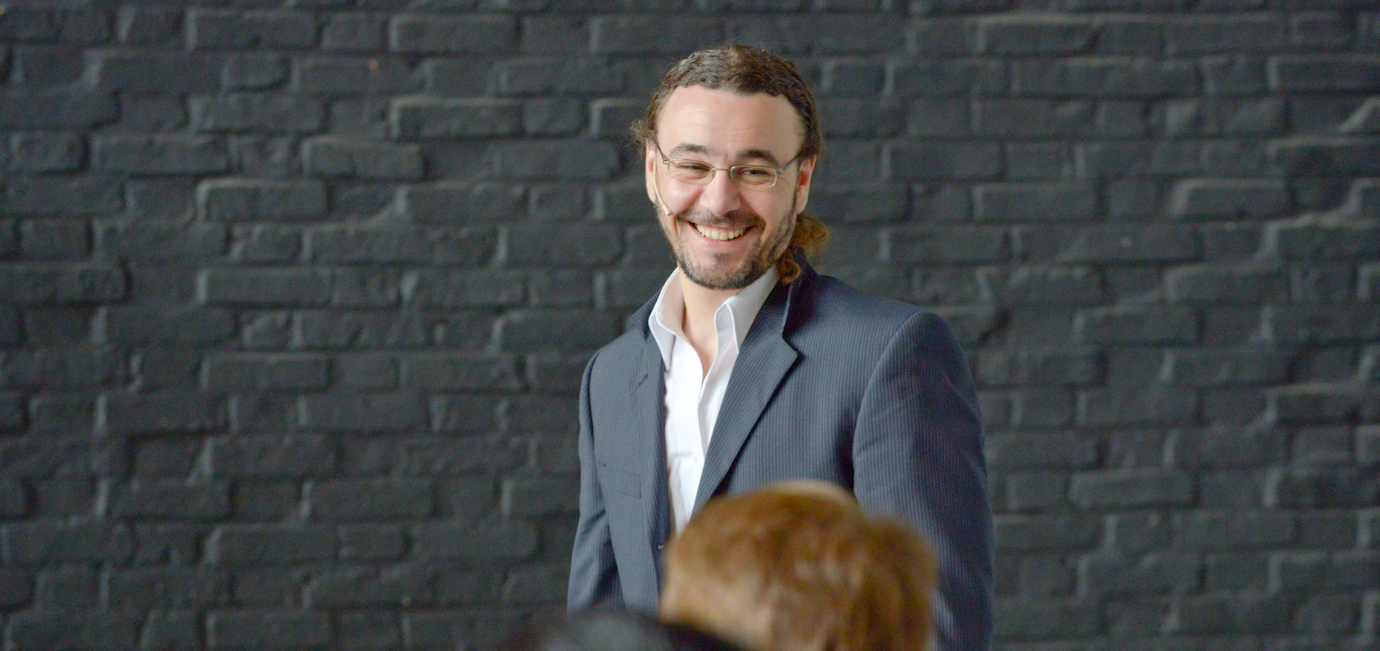
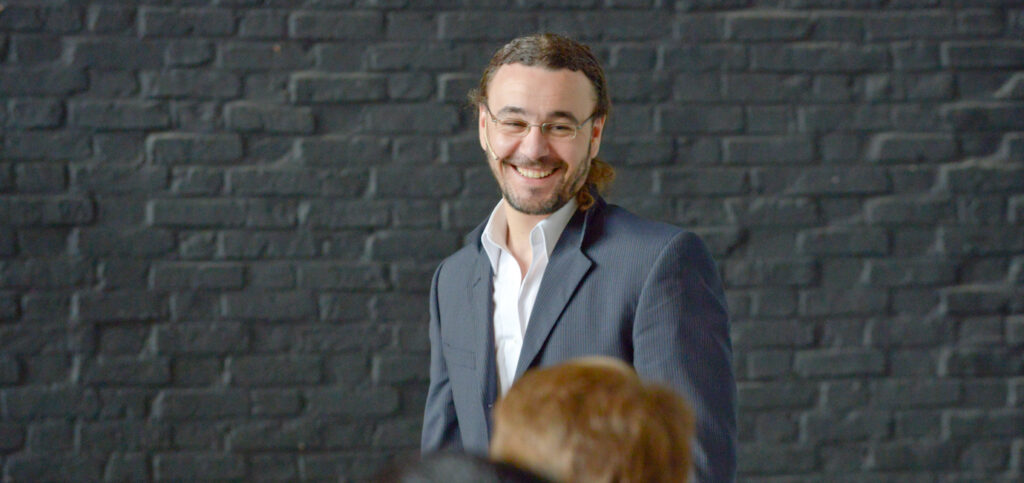
—
Over the holidays, I had the opportunity to be interviewed at the Training Business Podcast by Mark Hayes. The aim of the podcast is to interview trainers, facilitators, CEOs, coaches, and authors in the business of training and learning & development.
It was a cool experience. We scheduled a call to discuss what we could talk about. During that call, Mark suggested we just jump into it. “The spontaneous conversations are the best ones”, he said.
So here’s the unfiltered, unrehearsed chat between the two of us. I loved Mark’s questions — some I had not thought of before. Some of the topics we cover are:
- How networking has produced work opportunities
- What I get from my collaboration with IESE business school
- The training programs I have developed and why
- How I got my first paying clients
- The kinds of challenges I help solve
Here’s the link to the podcast.
Love to hear your feedback and suggestions.
Wisdom for Teams #32


Ring the bells that still can ring
Forget your perfect offering
There is a crack, a crack in everything
That’s how the light gets in.
—
In the song Anthem by LEONARD COHEN (1934 – 2016), Canadian singer-songwriter, poet, and novelist.
Wisdom for Teams #27
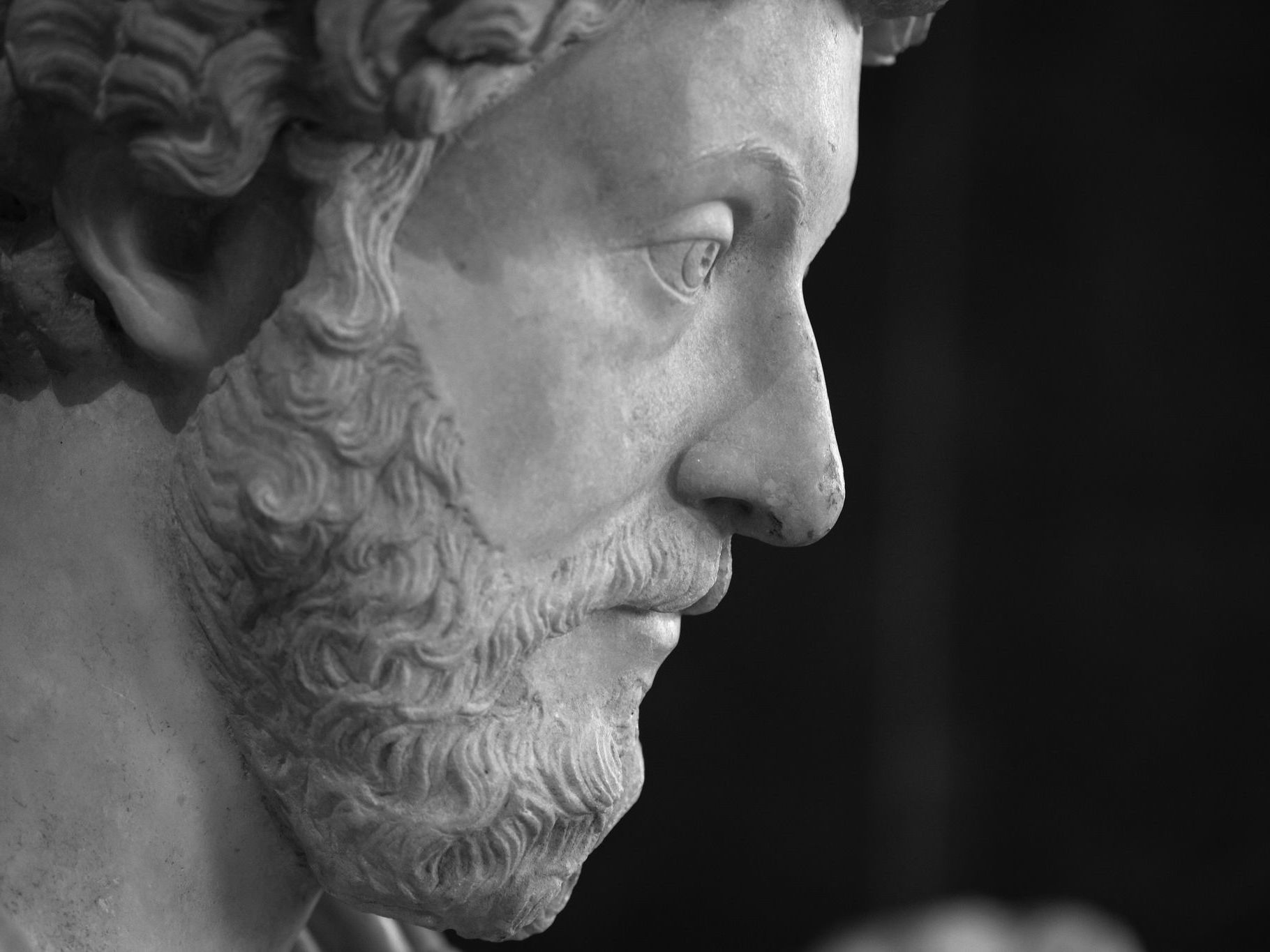
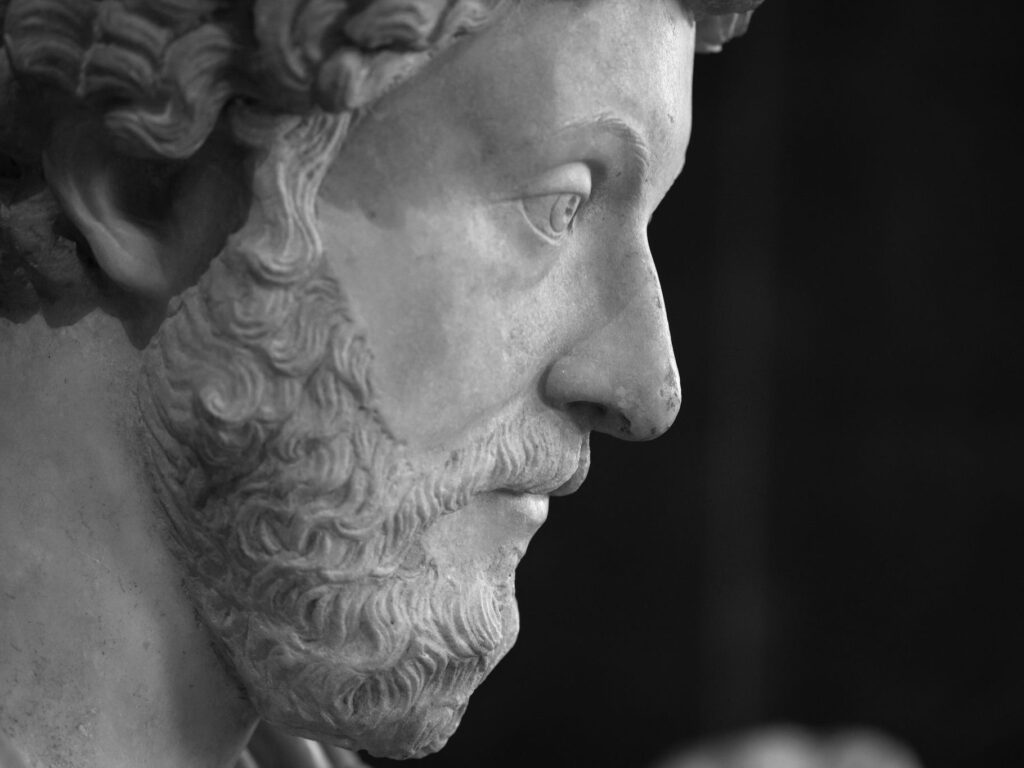
—
That which is not good for the hive, is not good for the bee.
—
MARCUS AURELIUS (121 – 180), Roman emperor and Stoic philosopher.
How’s Your Psychological Immune System?


Photo by Zachary Kadolph on Unsplash
I recently listened to a guided meditation where William B. Irvine, an expert in Stoic philosophy, explained the idea of a psychological immune system. Imagine Billy, a child who grows up never being exposed to anything unpleasant, never receiving any bad news, never criticised or insulted, and always having someone solve his problems. What will happen to the adult Billy when he goes out into the world? How will he deal with setbacks?
—
Whereas the biological immune system protects us from sicknesses caused by germs, the psychological immune system protects us from the unpleasant emotions that are triggered by life’s setbacks.
—
The world is imperfect, which means shit will happen. So it seems wise to strengthen our psychological immune system in order to better deal with setbacks. How can we do this?
- Psychological vaccination: Irvine suggests we regularly use the Stoic technique of entertaining negative thoughts, like imagining losing something or someone. Or recognising that our lives could be much worse and imagining what that would look like. He says we don’t want to dwell long on these negative thoughts, but for it to be flickering moments. These thoughts work like a vaccine, preparing our psychological immune system for life’s setbacks. Another Stoic technique he recommends is called “the last time”. I talk about it in this video here.
- Psychological exposure: Another way to develop our psychological immune system is to expose ourselves to “germs”. This means deliberately moving out of our comfort zone, and doing things that are physically and/or emotionally uncomfortable. For some people, karaoke in front of a big crowd will do the trick.
—
In what shape is your psychological immune system? A good measure is how often you feel outraged or lose control to anger. Another is the average mood of your mind. Is it tranquility and confidence, or agitation and anxiety?
—
It’s naive to think we’ll live without setbacks. Preparing for them by strengthening our psychological immune system is the wise thing to do.
3 Hacks to Manage Mess in Life


—
On Friday I gave an online workshop for Amazon’s Recruiting Team for Europe, the Middle East and Africa. It was about self-care and self-investment, and my premise was that any life worth living will regularly get messy just like the kitchen gets messy when we use it.
The key then to wellbeing is not to try avoid the mess, but to care and invest in ourselves so as to be emotionally fit when the mess happens. I shared with them several shortcuts for emotional fitness. Here are three that require little effort but have a massive, massive, massive impact in our wellbeing.
- Sleep: Matthew Walker, sleep expert and author of the book “Why We Sleep”, recommends we give ourselves the opportunity of 7 to 9 hours of sleep every night. He says that the pillars of a healthy body are not diet, exercise and sleep, but just diet and exercise, because sleep is the foundation.
- Gratitude: It’s very difficult, if not impossible, to feel grateful and at the same time anger, fear or sadness. Gratitude energizes us to deal with life’s challenges. This is why I recommend starting the day by bringing to mind a few things we can be grateful for, and to connect with the emotions that this generates. This will set us up to deal with what comes our way during the day.
- Hanging out with TRUE friends: There is a growing body of evidence about the vital role of friendship in overcoming challenges. Introverts or extraverts, we are all social beings. Helen Keller said that she would rather walk with a friend in the dark, than alone in the light. The Beatles nailed it when they suggested we get by with a little help from our friends.
Life will always give us challenges that require we reinvent ourselves. Things will break down. People will let us down.
The key to a balanced life lies in being ready for these inevitable events, for any life worth living is a messy life.
Wisdom for Teams #9


—
“Assume ignorance before malevolence.”
—
JORDAN PETERSON (1962), Canadian clinical psychologist and a professor of psychology at the University of Toronto, author of the #1 International Bestseller 12 Rules For Life: An Antidote to Chaos.
Wisdom for Teams #5
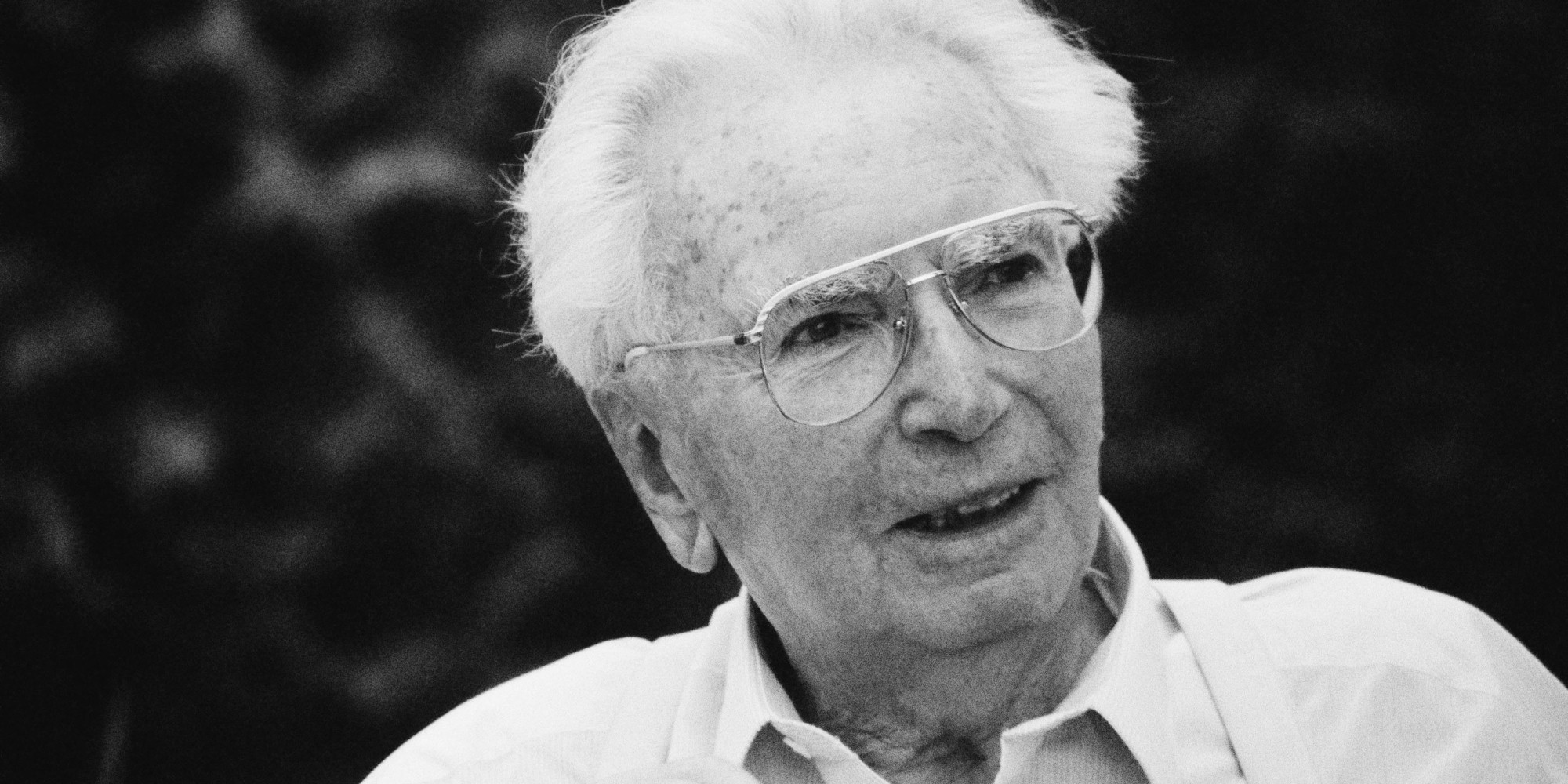
“When we are no longer able to change a situation,
we are challenged to change ourselves.”
VICTOK FRANKL (1907-1997), Austrian neurologist and psychiatrist, a Holocaust survivor, and author of “Man’s Search For Meaning“
—
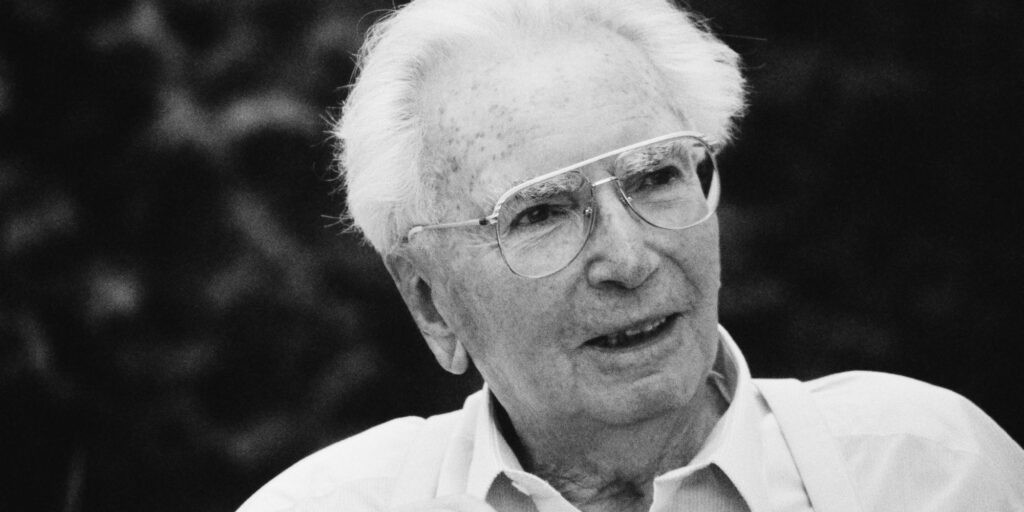
Wisdom for Teams #4

“The problem is not the problem.
The way we see the problem is the problem.”
STEPHEN COVEY (1932-2012), author of The Seven Habits of Highly Effective People
—


